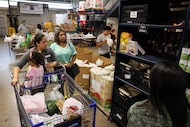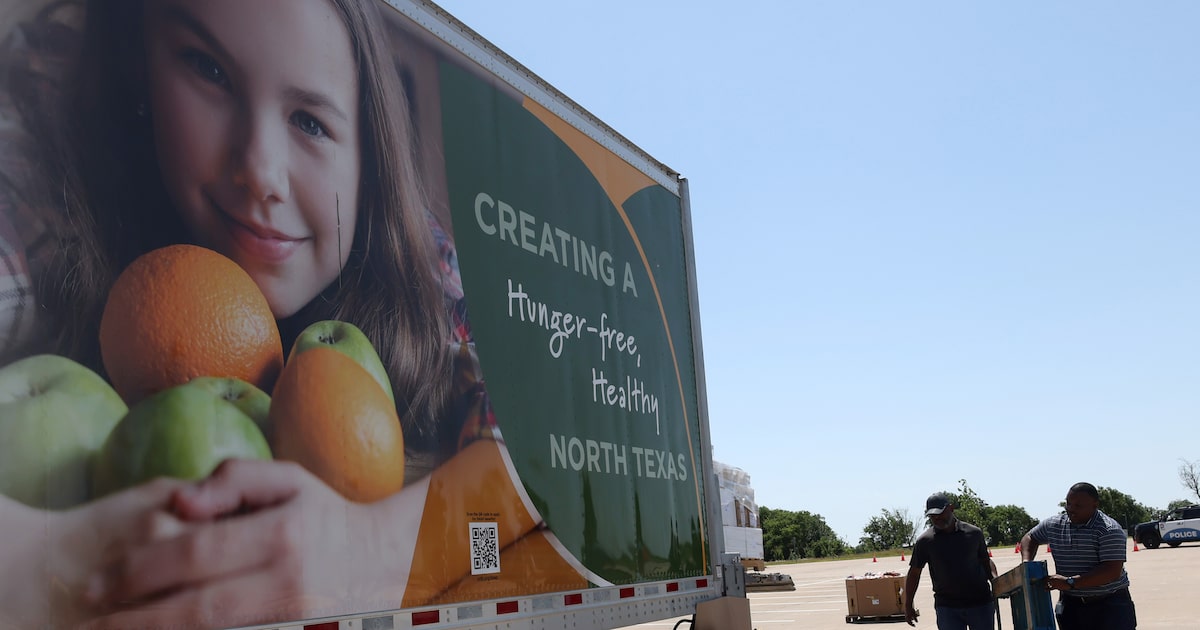The ongoing federal government shutdown has placed food assistance for millions of Americans at risk, potentially suspending SNAP payments as early as Nov. 1.
The Texas Health and Human Services Commission said that SNAP benefits for November would not be issued if the federal government shutdown continued past Oct. 27.
In North Texas, where grocery prices continue to climb, the loss of Supplemental Nutrition Assistance Program benefits could intensify financial strain for workers and retirees already struggling to cover basic needs, according to Feeding America.
Among them are Tamika Johnson, 38, a single mother of three, who works full time at a Dallas-Fort Worth restaurant, and Luis Ramirez, 72, a part-time worker in Garland who relies on Social Security and SNAP to make ends meet. Both say their jobs help keep them afloat — but barely.
Breaking News
Related
“I work full time and still have to worry about dinner,” Johnson said. “Sometimes, I do some extra work so the kids can have cereal and milk on the weekend.”
Her children are 6, 9 and 12, and she depends on her Lone Star Card to buy groceries after paying rent and utilities. If the program pauses next month, she said, her family will face difficult choices. “Do I pay the electric bill or buy chicken and vegetables?”
Ramirez, who has worked at the same auto-parts facility for 14 years, said the uncertainty worries him, too.
His Social Security covers rent and bills, and his paycheck covers the rest. “Been working since I was fifteen,” he said. “Never thought I’d be counting cans of soup again.”
Related

SNAP benefits remain funded through the end of October — Friday — but delays are possible if the shutdown extends into November, according to the North Texas Food Bank.
A spokesperson from NTFB told The Dallas Morning News that roughly 460,000 residents across 12 counties could face a significant food gap if benefits are not issued on time. The organization said it is increasing food distribution to its 500 partner pantries and organizations to prepare for a potential surge in demand.
For workers like Johnson and Ramirez, the risk of losing SNAP is more than a policy issue — it’s a daily calculation of what to sacrifice next. A car repair, a school uniform, a prescription refill — every small expense pushes the line between staying afloat and falling behind.
If benefits are delayed, both said they’ll keep working, cutting corners and hoping the system catches up before their groceries run out. For many across North Texas, that’s the same calculation waiting on the next card swipe.

